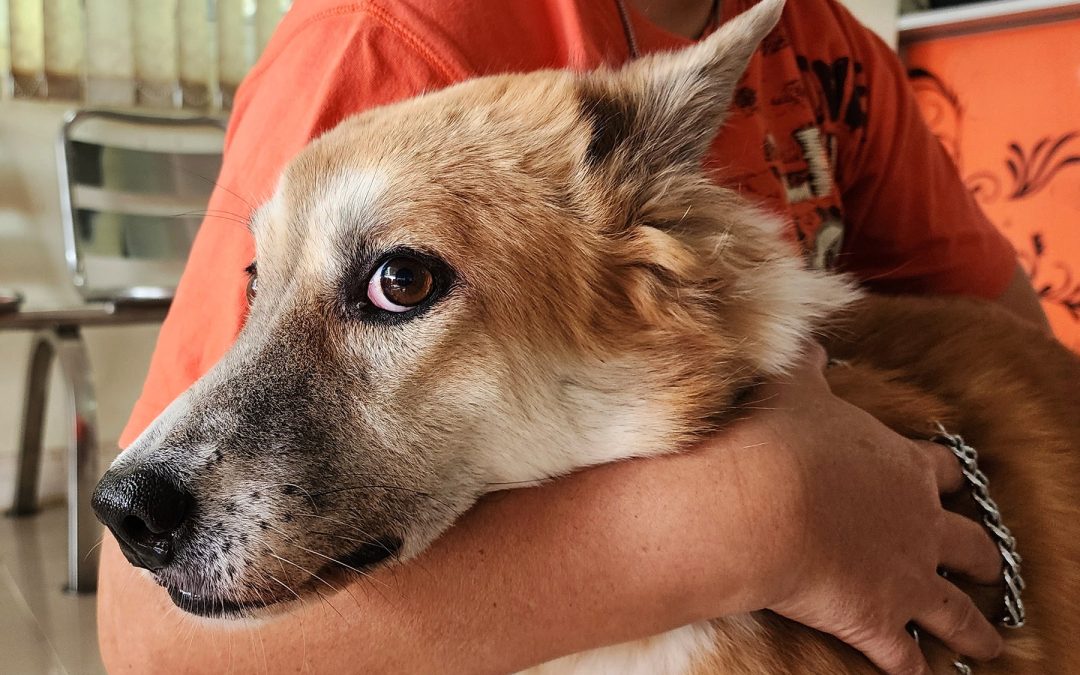Preparing your pet for surgery is an essential step in ensuring a smooth procedure and a successful recovery. Just like with humans, proper preparation helps minimize risks, reduce stress, and promote faster healing. At Bluegrass Veterinary Hospital, we are committed to providing expert surgical care with personalized attention to your pet’s unique needs.
This Article Will Address:
- Why preparation is crucial for your pet’s surgery
- What steps to take in the weeks leading up to the procedure
- How to prepare your pet in the days and night before surgery
- What to do on the morning of the procedure
- How to create a comfortable recovery environment at home
Expect Kindness & Compassion
Comprehensive Veterinary Care for Your Four-Legged Family Member.
Why Is Preparation Important for Your Pet’s Surgery?
- Minimizes surgical risks – Pre-surgical consultations help identify potential health concerns.
- Reduces anesthesia complications – Proper fasting and diagnostic tests ensure your pet is fit for surgery.
- Eases stress for pets and owners – Advanced planning helps both you and your pet feel more comfortable leading up to the procedure.
- Promotes a faster recovery – Having a post-op care plan in place ensures a smooth transition from surgery to healing at home.
How Should I Prepare My Pet in the Weeks Before Surgery?
Schedule a Pre-Surgical Consultation with the Vet
- Our veterinarians will assess your pet’s overall health, including necessary vaccinations, bloodwork, and diagnostic tests.
- This consultation helps determine if your pet is fit for anesthesia and surgery.
Manage Your Pet’s Diet and Weight (if Necessary)
- If your pet is overweight, we may recommend a weight management plan to improve surgical outcomes.
- Ensure proper hydration and a balanced diet leading up to surgery.
Check Medications with Your Vet
- Some medications may need to be adjusted or paused before surgery. Always consult with a vet about any prescriptions or supplements your pet is taking.
Prepare Your Home for Post-Surgery Recovery
- Create a quiet, comfortable space for your pet to rest.
- Remove hazards such as stairs, slippery floors, and high surfaces to prevent injury.
What Can I Do in the Few Days Leading Up to My Pet’s Surgery?
Bathe or Groom Your Pet if Recommended
- Keeping your pet clean reduces infection risks.
- Avoid bathing post-surgery until the vet gives approval.
Ensure Your Pet is Up-to-Date on All Vaccinations
- Some surgeries require updated vaccinations to minimize infection risks.
Plan Transportation to and From Surgery
- Small pets should be secured in a carrier.
- Large dogs should have a safety harness or crate for stability and comfort.
How Should I Prepare My Pet on the Night Before the Procedure?
Fasting Guidelines
- No food after midnight unless otherwise directed by your vet.
- Water restrictions may vary—confirm with your veterinarian.
Limit Activity
- Encourage your pet to rest and remain calm before surgery.
Prepare Necessary Paperwork & Medical Records
- Bring any medical history, vaccination records, and signed consent forms.
What Should I Do on the Morning of My Pet’s Surgery?
- Follow Fasting Instructions Strictly: Adhering to the fasting timeline prevents complications during anesthesia.
- Provide a Calm Environment: Keep the morning routine stress-free and quiet.
- Ensure a Safe and Comfortable Ride to the Vet: Use carriers, harnesses, or seat belts to transport your pet safely.
- Confirm Pickup and Post-Surgery Instructions with the Vet Team: Get details on medications, incision care, and follow-up visits.
How Can I Prepare My Home for My Pet’s Recovery After Surgery?
- Create a Quiet Recovery Space: Keep your pet in a soft, enclosed area away from other animals.
- Limit Movement to Prevent Injury: Use a crate, small room, or gated area to restrict movement.
- Stock Up on Recovery Supplies: Have soft bedding, prescribed medications, an Elizabethan collar, and easy-to-eat food on hand.
- Watch for Signs of Complications: Monitor your pet’s eating, drinking, and incision site for any unusual changes.
Schedule a Veterinary Surgery Consultation in Gallatin, TN
Preparing your pet for surgery is essential to ensuring a safe procedure and smooth recovery. By following these guidelines, you can help minimize stress, reduce complications, and provide the best care for your furry companion.
At Bluegrass Veterinary Hospital in Gallatin, TN, we prioritize your pet’s health and comfort before, during, and after surgery. If your pet has an upcoming procedure, schedule a consultation with our veterinary team today to ensure the best possible outcome.
Sources:
- American Veterinary Medical Association (AVMA) – Pre-Surgical Guidelines
- Veterinary Surgical Care Guidelines (VetMed Association)
Dr. Benjamin L. Zimmerman, DVM
Dr. Benjamin L. Zimmerman, co-owner of Bluegrass Veterinary Hospital, has been dedicated to veterinary medicine since he was eight, inspired by a formative experience on his uncle’s chicken farm. With extensive hands-on experience on various farms, he values educating pet owners about their furry companions. When not caring for animals, he enjoys playing the fiddle, cooking, and spending time outdoors with his family and pets.


